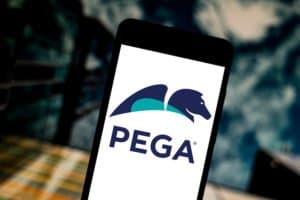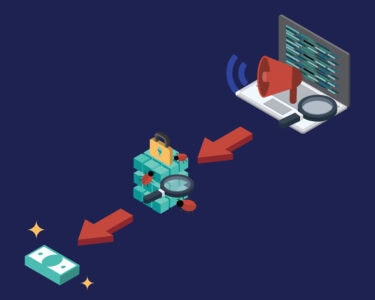Pegasystems’ Pega Smart Investigate introduces support for ISO 20022 data, an emerging standard for formulating and exchanging transaction data.
The Pega Smart Investigate tool primarily serves to investigate the cause of payment exceptions. Payment exceptions are transactions initiated by (the customers of) banks and then aborted. Possible causes vary: three examples are a lack of balance, a closed bank account, or insufficient identification data.
Pegasystems’ introduction of ISO 20022 support is part of a massive trend that puts global banks and other financial organizations on edge. In this article, we explore what ISO 20022 means, explain why the term is burning on the minds of the global banking top and dive into Pegasystems’ role in the latter.
Concept
The ability to use a bank account and debit card to pay for groceries at the nearest supermarket is anything but a given. The payment is facilitated and secured through communication between the customer’s bank and the supermarket’s bank (which may be differing banks). The two must understand each other crystal clear. In any other case, the successful processing of a transaction is at stake.
Conversation topics between the banks vary. Balance is one of them. The supermarket’s bank asks for confirmation that the paying customer has sufficient funds in their account. If the customer’s bank transmits balance information in an incomprehensible language, the bank on the receiving end must translate this language to ensure the transaction is securely processed. Every microsecond lost in this process is one microsecond to many. If payment speed slows down, society slows down. Hardly anyone benefits from this, governments and banks least of all.
The problem
The challenge in this particular scenario is relatively easy to overcome. For example, the two banks could put their heads together to choose a uniform way of communicating and recording information about customers and transactions. The languages become the same, translation is no longer necessary, and transactions occur as quickly as possible.
However, from the moment a customer wants to complete a transaction with yet another bank, the problem starts all over again. Furthermore, when transactions are carried out abroad, the differences between banks increase, and the problem worsens.
Putting heads together becomes even less attractive. Even if the European banking community could fit into one video conference or meeting room, it is very unlikely that a solution that works for everyone will result.
The solution
Today, we pay with a Dutch debit card or account in Europe and beyond, made possible by global and continental standardization. Not individual banks, but the uniform systems of umbrella organizations are leading for the exchange of data on customers and transactions.
SEPA is an example. The system was initiated by the European Payment Council (EPC) and is used for transfers between European banks. T2S, another widely used tool among European banks, includes a platform for secure, fast transactions for the purchase and selling of effects. SWIFT is an international option and standardizes the communications of global banks.
SEPA, T2S and SWIFT are anything but representative of the full range of systems for transactions. iDEAL, Sofort and PayPal facilitate similar security levels, speeds and goals. Nevertheless, the former trio is the most relevant for this article. SEPA, T2S and SWIFT are in a gigantic transition period.
From nothing to something
In recent years, several leading global financial organizations have agreed on the importance of a single, universal standard for the exchange of transaction data. ISO 20022 is one such standard and has been used for some time for European SEPA and T2S, but not, for example, for the international SWIFT. Limited interaction between European and U.S. banks is one of many resulting problems. The global transition to ISO 20022 offers a solution.
Although SEPA and T2S already lean on ISO 20022, the systems need to be converted to an agreed-upon, current version of the standard. The EPC is driving the process and expects to be up and running before the end of 2022. SWIFT is going through the transition process on its own, starting in 2022 and expecting to be complete before 2026.
Pegasystems
This brings us back to the news. The movement toward ISO 20022 affects not only banks but a range of other organizations that develop financial services and products. Pegasystems, the software developer announcing that Pega Smart Investigate has been updated to support ISO 20022 data, is one of them.
Pega Smart Investigate entails a software platform for investigating payment exceptions. Payment exceptions refer to transactions that were initiated but aborted due to a buyer’s circumstances. When someone pays through a debit card, but the transaction is stopped because the balance is missing, we speak of a payment exception. The same applies when the bank account is closed or insufficient data for authentication has been provided.
Therefore, the problem does not necessarily lie with a buyer. A bank failure can also cause payment exceptions. That is why Pega Smart Investigate owes its right to exist. The software is used to investigate the reasons for a payment exception. Among other things, said allows investigators to determine whether the bank customer has the right to be compensated after the interruption of their payment.
Facilitation of such investigations is a side benefit of the global transition to ISO 20022. Data and communications become uniform — and therefore readily available to financial software developers and investigators alike. In this light, Pega Smart Investigate highlights how the upcoming embrace of ISO 20022 can change the world. Not only transactions, but financial services will become faster, more secure and more accurate.















